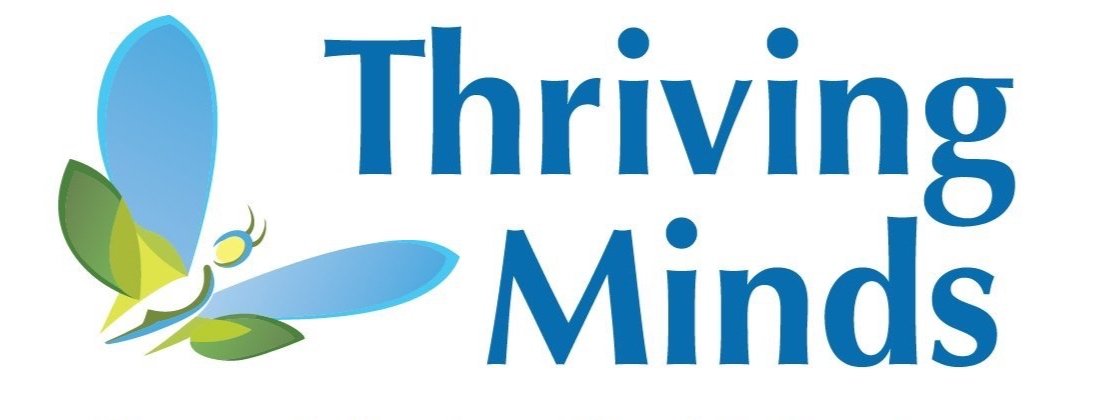Attention-Deficit/Hyperactivity Disorder (ADHD) is one of the most common neurodevelopmental disorders among children, leading to widespread interest in treatment options. However, amidst this interest lies a landscape filled with treatments that lack solid research backing or could potentially be harmful. As mental health professionals and consumers, it is critical to distinguish between evidence-based practices and those that are ineffective or could lead to negative outcomes. In this article, we explore some controversial treatments for ADHD in children and provide guidance on why these should be approached “with caution.”
Read MoreStarting a private practice in child and adolescent psychology is rewarding, blending therapeutic fulfillment with business independence. This guide helps navigate establishing a successful practice, from crafting a tailored therapeutic environment to managing business challenges. Key benefits include professional autonomy, specialization, and direct client impact. However, challenges like financial risk, isolation, and balancing personal and professional life must be managed. With careful planning and continuous growth, your practice can thrive, making a significant impact on young lives.
Read MoreIn the complex landscape of child mental health, the bridge between professionals and parents is pivotal. Effective communication not only enhances therapeutic outcomes but also ensures a cohesive approach to supporting a child’s educational and emotional needs. This article delves into techniques that foster open, effective dialogue between educators, therapists, and parents.
Read MoreAnxiety can be a challenging emotion for children and adolescents to navigate, often leading to a cycle of avoidance that can impact their daily lives and academic success. In school or clinical settings, recognizing and addressing this cycle is crucial for providing effective support and intervention.
Read MoreIn the quest to enhance school attendance and address emerging school refusal tendencies, the establishment of dedicated attendance teams proves to be a proactive and effective strategy. In this article, we delve into the structure and significance of these teams in tackling absenteeism.
Read MoreDelving into the differences between school refusal and truancy is key to helping students thrive. In this article, we uncover the unique reasons behind each, understand their subtleties, and discover how to best help students facing these challenges.
Read MoreEmpower Your Expertise: Online Workshops for Selective Mutism Specialists" by Thriving Minds emphasizes professional training over mere continuing education for treating Selective Mutism (SM). These workshops provide in-depth knowledge, practical strategies, and insights into SM's history, origins, misdiagnoses, severity spectrum, evaluation tools, interventions, and collaborative approaches for effective treatment.
Read MoreThriving Minds provides specialized training for pediatric specialists in addressing difficult and disordered sleep in children. Our approach focuses on comprehensive evaluation techniques, personalized treatment plans tailored to each child's unique needs, and a holistic view of their overall well-being. We emphasize the importance of understanding nighttime behaviors, emotional states, and daytime activities to ensure effective and sustainable outcomes in sleep therapy. Join us at Thriving Minds to become an expert in pediatric sleep therapy, where we go beyond the night to nurture the complete health of every child.
Read MoreSelective mutism (SM) poses challenges for pediatric clients, impacting social, academic, and emotional facets. Our advanced strategies aim to treat SM, improve life quality, and address the profound impacts of speech absence. Join us to explore effective interventions for this complex condition.
Read MoreWhen a child struggles with difficult or disordered sleep, it takes patience and expertise to find solutions to the problem. Read on to learn advanced strategies for diagnosing and treating sleep challenges, and discover how to assist the children in your practice
Read MoreSelective mutism (SM) is a complex anxiety disorder that is often misunderstood and presents unique challenges. For professionals looking to treat SM effectively, it’s essential to understand the disorder, recognize its impact, and practice targeted treatment strategies. Continue reading to learn more.
Read MoreAs a school or clinic-based professional, you understand the challenge of helping students who refuse school. To support these students in their reentry, it is important to develop an evidence-based strategy that takes into account the available data around school refusal behaviors. In this article, we will explore the research on this topic and share best practices for developing a personalized, data-driven reentry plan with your struggling students.
Read MoreDo you ever find yourself stuck while working with your child clients or students? Do their behaviors or slow progress ever leave you frustrated, despite your best efforts? Cognitive distortions, or “unhelpful thoughts” are like optical illusions for our thoughts, subtly changing our view of the problem. In this article, we'll delve into common unhelpful thoughts we encounter in child-focused professionals as well as strategies for addressing them.
Read MoreHow many of your child clients take melatonin to help fall asleep? Recent years have seen an increase in the number of parents turning to melatonin for help with their children's sleep problems. In this article, we'll provide updates about the latest research on melatonin use in children so you can help families make informed decisions.
Read MoreEffective and compliant supervision is a crucial part of any professional field, but do you have the necessary resources to ensure it passes that proverbial "sniff test?" In an effort to ensure your professional practice meets best practices, we're sharing 3 tips to make sure your supervision is up to par.
Read More















